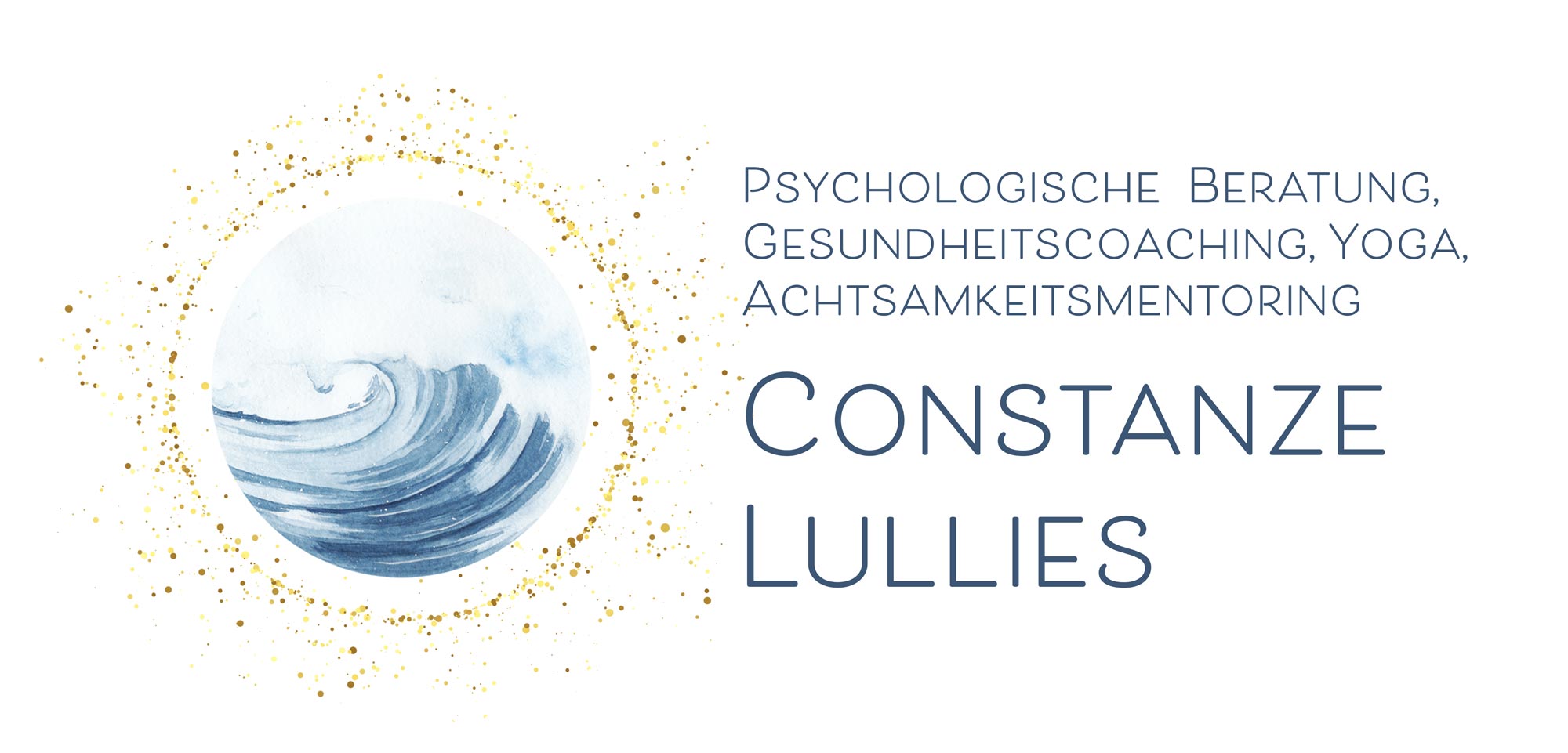Is sleep the biggest mistake evolution ever made?
Why we sleep
Do you get your 7-8 hours of quality sleep every night? Do you wake up well rested in the morning? Or do you live on coffee and consider sleep a waste of time, which can be done in the grave?
Sleep is one of the most important phases of our day! Although we are not aware of it, it’s actually a phase in which the body is very active, repairing, detoxing, growing, and regenerating. During our sleep we grow new muscles, bones, brain and skin cells, balance our hormones and strengthen our immune system. Sleep has a positive impact on our memory function. The idea of studying in the evening and then putting the book under the pillow might not be that wrong as we continue to learn during sleep. Especially detoxing processes in the liver (see module 1) and in the brain (“glymphatic system”) are happening during our sleep. (Dr Fleck, 2021).
“Sleep is the single most effective thing we can do to reset our brain and body health each day” (Walker, 2017, S. 8)
Research has shown, that sleep deprivation is like drunk driving. An experiment with army sharp shooters showed that with 8 hrs seep they hit to the target 99% of the time, and with only 5 hrs of sleep they only hit with 35%! Research has also shown are relationship between little sleep and high cytokine patterns (inflammatory markers), which means that inflammatory processes are enhanced due to sleep deprivation. In summary: not sleeping well therefore has a massive impact on our mood, metabolism, energy, and overall health. Today, many people complain about tiredness in the morning. The truth is: you need to sleep for at least 7 hours to well rested.
How we sleep
Sleep consists of different phases: REM (rapid eye movement) sleep and NonRem sleep, which alternate approximately every 90 minutes. “The key function of deep NREM Sleep, which predominates early in the night, is to do the work of weeding out and removing unnecessary neural connections. In contrast, the dreaming stage of REM sleep, which prevails later in the night, plays a role in strengthening those connections.” (Walker, 2017, S. 45)
All of us have their individual “chronotype”. That means, some people like to get up early (about 40%), some like to go to bed late (about 30%) and some are flexible. (Walker, 2017).
Overall, it can be said, that sleep is one of the most important things we do in life! “Any individual, no matter what age, will exhibit physical ailments, mental health instability, reduced alertness, and impaired memory if their sleep is chronically disrupted”. (Walker, 2017, S. 97)
How to improve our sleep
There are however a number of thinks we can do to improve our sleep.
- Ideally we’d go to bed pretty much at the same time every day.
- We should avoid electronics in the bed room altogether: no phone, no Computer, no tv. And ideally stop using them 2 hours before going to sleep.
- Ideally, no coffee after 12 pm.
- Vigorous exercise before 6pm.
- Finish eating 2-4 hours before going to bed.
- Make the bedroom a special place, avoid doing anything else other than relaxing, mediating, sleeping and sex.
- Evening ritual such as relaxing bath, music or meditation.
- Magnesium before going to bed (100-400 micro gram)
- Baldrian and L-theanin as sleeping aids on occasion.

